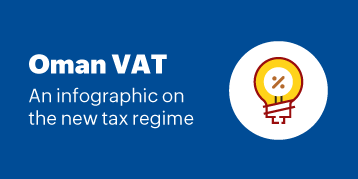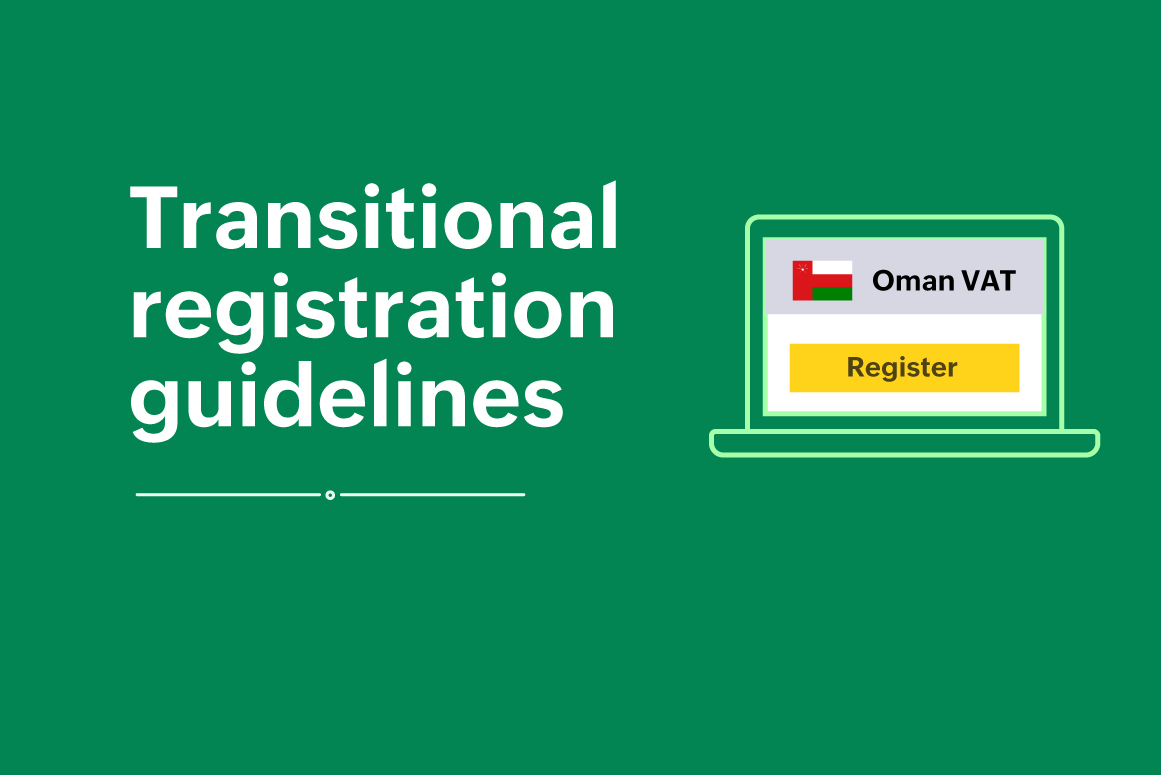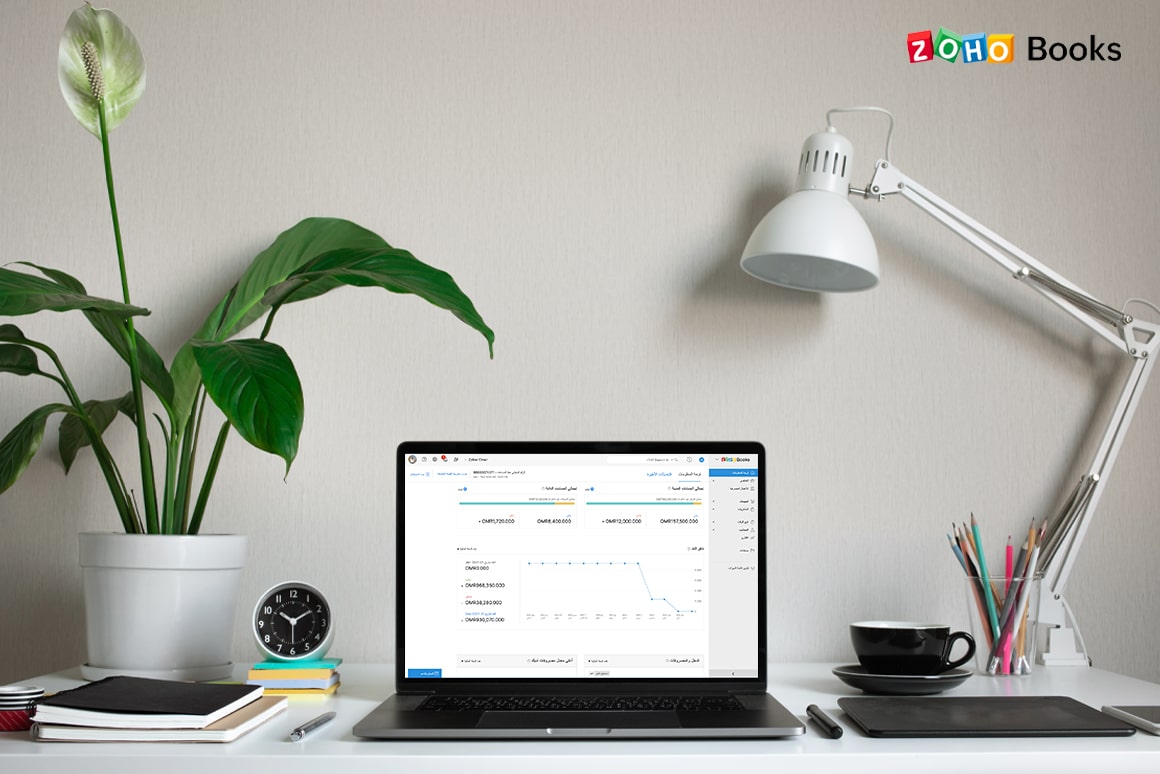The introduction of VAT is all set to bring about a significant change in Oman's tax regime. Owing to its broad scope, business owners will need to examine the impact of VAT in some of the key areas in the business like, supply chain, transactions, IT infrastructure and more.
With the implementation date nearing, it is important that you educate your firm about the new regulations to your staff and clients so that your business can prepare for a smooth transition.

Here are a few tips that you can follow:
1. Analyse the impact of VAT on business: The implementation of a new tax regime will impact various areas of business like planning, procurement, pricing, inventory, supply chain etc. Every transaction recorded at several stages is bound to contain the VAT component. Therefore, you will need to make extensive changes to your current workflow, based on the new regulations specified by the Oman Tax Authority. A good place to get started would be to assess what key changes you will need to make to your business processes for a smooth transition.
2. Talk to your financial advisor: Improper financial management during transition can burn a hole in your pocket. This is why you must work with your financial advisor closely and create a VAT impact assessment report. Since financial advisors have expertise in tax planning and return filing, they would help you list out the problem areas that your business might face during the implementation of VAT and discuss how they can be resolved in an efficient manner. On collaborating with your tax advisors, you will get know how you can maximise your tax returns and how to make the most of your tax credits. This will help you maintain your business cash flow during transition.
3. Keep yourself updated: A new tax regime brings about a significant change in how a business functions. Most areas of your business, ranging from supply chain to IT infrastructure, will be affected. So, ensure that you don't miss out any of the important updates relevant to VAT. You must always keep an eye out for the recent announcements made by the Sultanate of Oman on their online portal. Always stay in touch with your financial advisor to find effective ways to implement changes to your existing system.
4. Use a tax compliant accounting software: Since most VAT operations will be carried out online, it is necessary that you update your firm's accounting system. If you are a registered business owner, all your transactions should be tax compliant. Your system should provide the necessary provisions for application of VAT rates and should even support reverse-charge mechanism.
A cloud-accounting system, like Zoho Books will help you identify where the transaction is taking place and apply the relevant VAT rates while recording the transactions. It will help you generate tax summary reports that will be useful while filing your tax returns. Hence you must assess your current system, determine the key areas of risk and find a suitable solution that helps you stay complaint at all times.
5. Learn from examples: By now, you would know that there are several other countries in the GCC region that have implemented VAT. You can check what challenges businesses faced while adopting the new tax regime and the steps they took to overcome them.
Even after the implementation date, the Oman Tax Authority might introduce minor changes once in a while. Knowing about the adoption techniques followed by other countries, will help you prepare for a smooth transition to VAT.
Conclusion
One of the major challenges while preparing your business for a new tax regime is to ensure that you have updated your accounting solution for a smooth transition. It is never too late to check if your system is updated to take on the new challenges introduced by the Tax Authority. Using Zoho Books, you can ensure compliant business transactions, financial summary reports, return filing and stay compliant with the Oman's tax regulations at all times.




